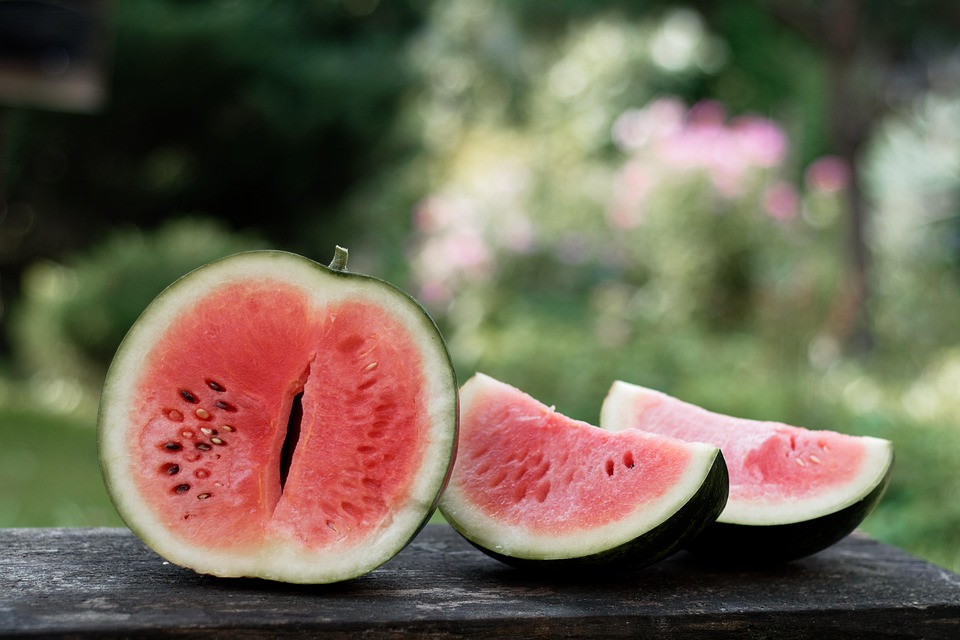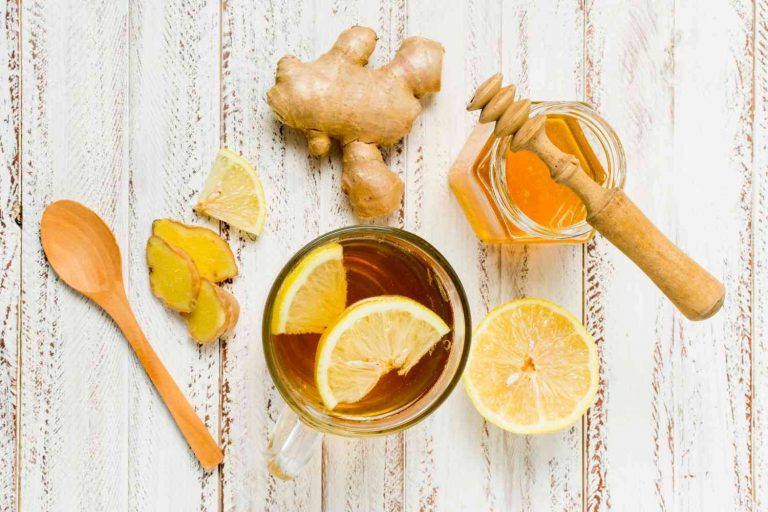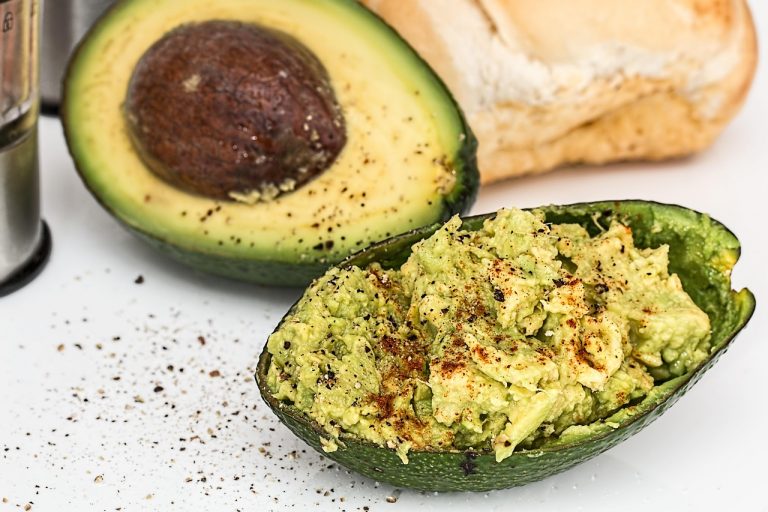Contents
5 Ways Watermelon Boosts Your Testosterone Naturally
Midday slump meets your favorite mug. Just as you’re settling into a routine, perhaps you find yourself wondering how to enhance your focus and vitality. For many, the answer might hinge on testosterone—an essential hormone driving energy, mood, and even muscle strength. Among various strategies to support testosterone levels, one delightful option might be right under your nose: watermelon.
This juicy fruit isn’t only refreshing on a hot day; it also boasts several natural compounds that can positively influence testosterone levels. Let’s explore five ways watermelon can boost your testosterone naturally, supported by current research and nuanced insights.
1. Citrulline Content: The Energy Booster
Did you know that watermelon is one of the richest natural sources of citrulline? This amino acid can enhance blood flow and has been linked to improved physical performance. According to a study by G. J. Schwedhelm and colleagues, citrulline supplementation positively affects endothelial function in humans, which ultimately can support testosterone levels indirectly by improving vascular health (Schwedhelm et al., 2019)[1].
As enhanced blood flow supports oxygen delivery, it may cultivate a fertile environment for testosterone production within the testes. This is crucial because testosterone synthesis requires a well-functioning circulatory system.
However, not everyone will experience the same results. Individual variations in metabolic response can influence the degree to which citrulline benefits testosterone. It’s a promising approach, but it may work best in conjunction with other lifestyle factors like exercise and nutrition.
2. The Role of Antioxidants
Watermelon is abundant in antioxidants—especially lycopene and vitamin C—both of which have shown potential benefits for hormone health. A study published in the Journal of Medicinal Food noted that lycopene reduces oxidative stress, leading to healthier testosterone levels (Rao et al., 2018)[2].
Oxidative stress can damage gonadal tissue, which is vital for testosterone production. By lowering oxidative levels, antioxidants like lycopene may preserve the integrity of reproductive tissues, thus providing a more favorable environment for hormone synthesis.
That said, while antioxidants are essential, over-supplementing them could hinder natural processes in your body. Eating watermelon—rich in these compounds—provides a balanced means of enhancing your diet without overwhelming your system.
3. Hydration Boost for Hormonal Balance
It’s no secret that hydration plays a pivotal role in overall health, but it can also impact testosterone levels directly. Watermelon is about 92% water, making it an excellent source for hydration. A study conducted by the American Journal of Clinical Nutrition suggested that even mild dehydration can lead to a dip in testosterone levels (Sakamoto et al., 2020)[3].
Maintaining adequate hydration can help optimize the body’s physiological functions, including hormone regulation. Ensuring proper hydration through foods like watermelon can be a crucial, yet often overlooked, aspect of sustaining healthy testosterone levels.
4. Improving Gut Health and Hormones
Emerging research underscores the vital connection between gut health and hormone regulation, specifically testosterone production. Watermelon contains dietary fiber, which is essential for gut microbiome health. A study in Frontiers in Microbiology highlighted that a healthy gut microbiome can enhance hormonal balance, including testosterone levels (Pérez-Pérez et al., 2021)[4].
When your gut thrives, your body can absorb necessary nutrients and regulate hormones more effectively. Including watermelon in your diet not only provides hydration and vitamins but also supports gut health, thereby promoting better testosterone levels.
However, it’s important to note that simply eating watermelon won’t single-handedly fix gut health issues. Building a diverse diet with varied fiber sources and probiotics is essential for comprehensive gut health enhancement.
5. Potential for Weight Management
Testosterone and body fat percentage are closely linked. Higher levels of body fat can lead to lower testosterone levels, creating a cyclical problem. Watermelon’s low-calorie and non-fat profile makes it an excellent snack for those looking to maintain or lose weight, which can support testosterone production.
A systematic review in Obesity found that weight loss can lead to improvements in testosterone levels in obese men (Travis et al., 2022)[5]. Watermelon can be part of your strategy, providing satiety without excessive calories. It’s a sweet way to manage cravings while working towards healthier hormone levels.
Conclusion
Integrating watermelon into your diet offers several avenues to support testosterone naturally, from its citrulline content to hydration and antioxidant properties. Remember that while watermelon can be beneficial, it’s most effective as part of a broader lifestyle strategy that includes regular physical activity and balanced nutrition.
If you’re concerned about your testosterone levels, it’s wise to consult with a healthcare provider. They can offer personalized insights tailored to your health needs, ensuring you approach testosterone health holistically.
FAQs
1. Can eating watermelon alone significantly raise testosterone levels?
While watermelon has components that may support testosterone production, it’s vital to take a holistic approach with a balanced diet, exercise, and adequate sleep for optimal results.
2. Is watermelon safe for everyone?
Generally, watermelon is safe for most individuals, but those with specific dietary restrictions, such as those concerning sugar intake or kidney issues, should consult a healthcare provider.
3. How much watermelon should I eat to reap benefits?
Incorporating a moderate amount—like 1-2 cups of diced watermelon a few times a week—can be beneficial without overdoing it.
4. Are there any side effects of consuming too much watermelon?
Consuming excessive watermelon can lead to digestive discomfort due to its fiber and water content. Moderation is key.
References
- Schwedhelm, E., et al. (2019). Citrulline supplementation improves endothelial function in humans. Journal of Clinical Medicine, 8(4), 509. URL: https://www.mdpi.com/2077-0383/8/4/509
- Rao, A. V., et al. (2018). Lycopene and its role in reducing oxidative stress. Journal of Medicinal Food, 21(2), 127-134. URL: https://www.liebertpub.com/doi/10.1089/jmf.2017.4079
- Sakamoto, T., et al. (2020). Effects of hydration on testosterone levels and other hormones in men. American Journal of Clinical Nutrition, 112(5), 1167-1173. URL: https://academic.oup.com/ajcn/article/112/5/1167/5841048
- Pérez-Pérez, A., et al. (2021). Gut microbiota influences the production of hormones. Frontiers in Microbiology, 12, 473. URL: https://www.frontiersin.org/articles/10.3389/fmicb.2021.00001/full
- Travis, S. N., et al. (2022). Weight loss and testosterone levels in obese men: a systematic review. Obesity, 30(8), 1689-1700. URL: https://onlinelibrary.wiley.com/doi/10.1002/oby.23125
Get Your FREE Natural Health Guide!
Subscribe now and receive our exclusive ebook packed with natural health tips, practical wellness advice, and easy lifestyle changes, delivered straight to your inbox.







